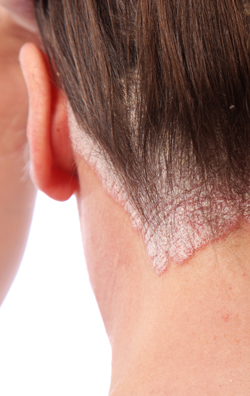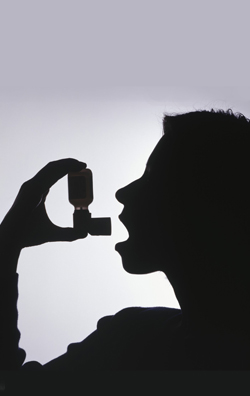
Malaria is a threatening disease caused by a parasite called Plasmodium which gets spread through the bite of female Anopheles mosquito. Malaria is not a deadly disease and can be treated and prevented if proper care and attention are given at the right time. If diagnosed and treated on time, it would help lessen the chances of death.
The symptoms of malaria will not appear as soon as you have undergone a mosquito bite. The symptoms such as fever, headache, body pain, vomiting, etc would trigger only after 10 to 15 days of a mosquito bite. If proper treatment is delayed the disease would affect the vital organs of the body by disrupting the blood supply to these organs.
In the tropical and subtropical areas, malaria is said to be prevalent. Till date, there are no such medications or vaccinations available which would prevent malaria but scientists all over the world are working on this issue so that the disease gets eradicated from the society completely.
Symptoms:
A recurrent course of attacks and symptoms like prolonged fever, moderate to severe shaking chills, diarrhea, continuous occurrence of headache are generally seen in the patient. It usually becomes noticeable after two to three weeks after being bitten by the mosquitoes.
Do make it a point that you interact with your doctor regarding any such persisting symptom for a long time. Seek for emergency care and medical attention if required.
Mode of transmission:
The main cause should be the bite a mosquito which has already become infected by having fed on a person who has malaria.It then goes and feeds on a healthy person and hence, the disease gets spread vividly.The infection directly affects the liver of a person where the infectants or parasites can remain dormant(a condition where normal physical functions are slowed down) in the blood stream for about a year or so. Other similar causes would be sharing needles or already used injections from one person to another.From a mother to her baby in the womb and also through blood transfusions.
Young children, people coming from the area with low incidence of malaria, women who are carrying are the most susceptible ones. An increase in the wide-spread of malaria is due to no access to health care, lack of knowledge, poverty, etc. For people who reside in the area of malaria develop a small resistance to the disease. This form of partial resistance to the disease would disappear too if the
person moves to another country where there is no existence of malaria.
Disease diagnosis:
There are certain blood tests available which would determine if you have the parasites present in your blood which might cause malaria.
The blood test would also let you know whether the disease has been spread to other vital organs of your body. The results may vary as some tests would give immediate results whereas some other complicated tests would take longer time.
Prevention:
Though scientists are working on vaccinations to be introduced to cure malaria, there is no such particular vaccine available as of now.
The best preventive way is to keep all the mosquitoes away by spraying your home and locality by insecticides and mosquito preventing sprays.
The surroundings should always be maintained neat and clean. Make sure that no water gets accumulated in the locality or vicinity which triggers the growth and spread of mosquitoes.





